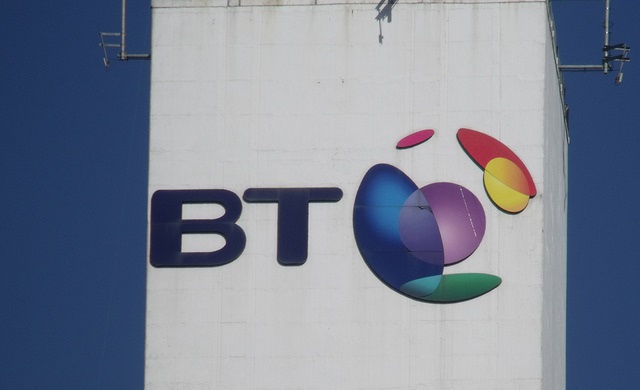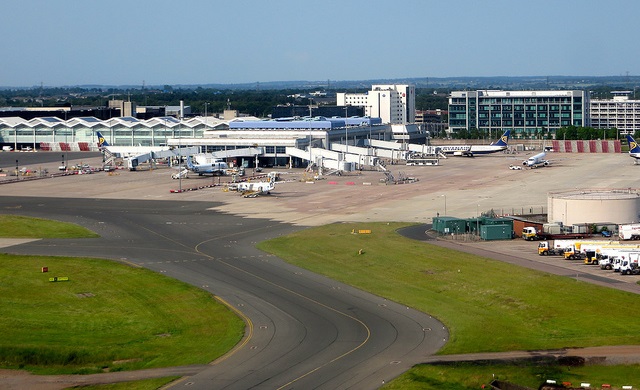Milton Keynes Council, Central Bedfordshire Council and Bedford Borough Council have signed a multi-million pound partnership project with BT (LSE:BT.A) which, when combined with commercial deployment across the area should provide around 91 per cent of local homes and businesses with access to fibre broadband.

The project will provide a fibre broadband infrastructure to around 33,000 premises, of which around 32,000 will have access to superfast speeds of at least 24Mbps by spring 2016.
On completion of the rollout, the aim is for all premises within Milton Keynes, Central Bedfordshire and Bedford to receive a minimum of 2Mbps but with a vast majority achieving speeds well in excess of this.
The new fibre network will transform broadband speeds across the rural areas. According to Ofcom, the average downstream speed in Milton Keynes is 10.8Mbps, whilst it’s 14.1Mbps and 13.7Mbps in Bedford and Central Bedfordshire respectively.
BT is contributing £6.2m towards the overall cost of deployment in “non-commercial” areas while Milton Keynes Council is contributing £2.4m, Central Bedfordshire Council contributing £1.2m and Bedford Borough Council contributing £0.44m, with £2m coming from the Government’s Broadband Delivery UK (BDUK) funds.
Councillor David Hopkins, Milton Keynes Council Cabinet Member responsible for Economic Development, said on behalf of the local authorities’ Joint Board: “Today’s contract signing is another vital step towards achieving our ambitious goal for local broadband coverage. Good broadband helps economic growth, and businesses and residents have told us that building a better and faster broadband service should be a priority. By signing this new contract, we’re well on the way to making superfast broadband a reality for many more people across the area’s towns and villages.”
Bill Murphy, managing director NGA for BT, added: “This is great news for the people living in these areas. It is important to support local economies, as well as helping new development and infrastructure in these communities. This is where fibre broadband can play an essential role by revitalising towns, villages and hamlets, helping businesses to be connected in these locations.”


 Hot Features
Hot Features













